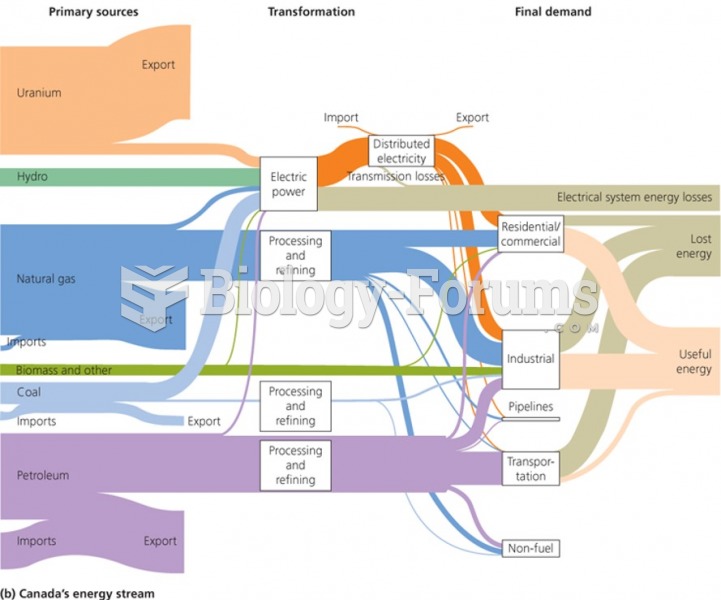|
|
|
Children of people with alcoholism are more inclined to drink alcohol or use hard drugs. In fact, they are 400 times more likely to use hard drugs than those who do not have a family history of alcohol addiction.
More than 2,500 barbiturates have been synthesized. At the height of their popularity, about 50 were marketed for human use.
Bacteria have flourished on the earth for over three billion years. They were the first life forms on the planet.
The most common treatment options for addiction include psychotherapy, support groups, and individual counseling.
The toxic levels for lithium carbonate are close to the therapeutic levels. Signs of toxicity include fine hand tremor, polyuria, mild thirst, nausea, general discomfort, diarrhea, vomiting, drowsiness, muscular weakness, lack of coordination, ataxia, giddiness, tinnitus, and blurred vision.







